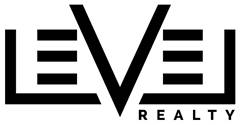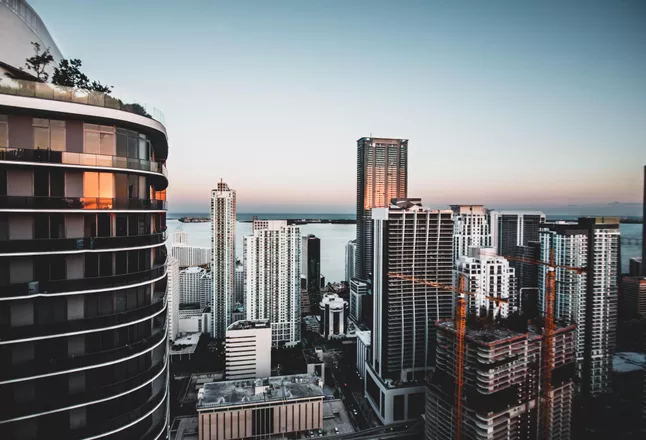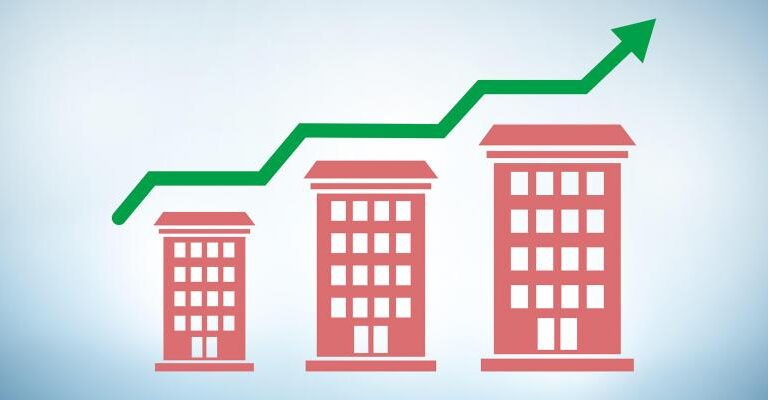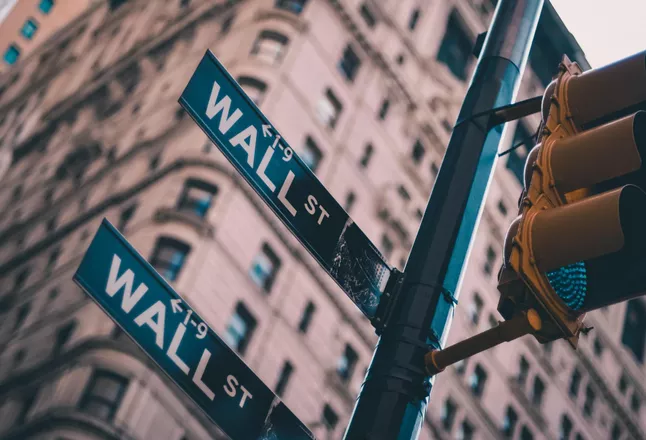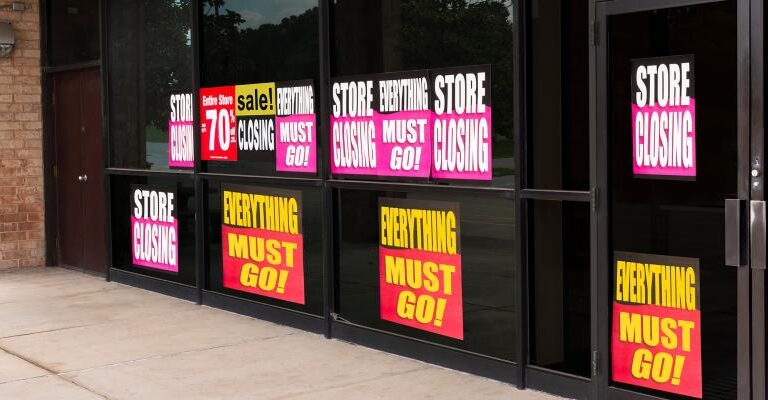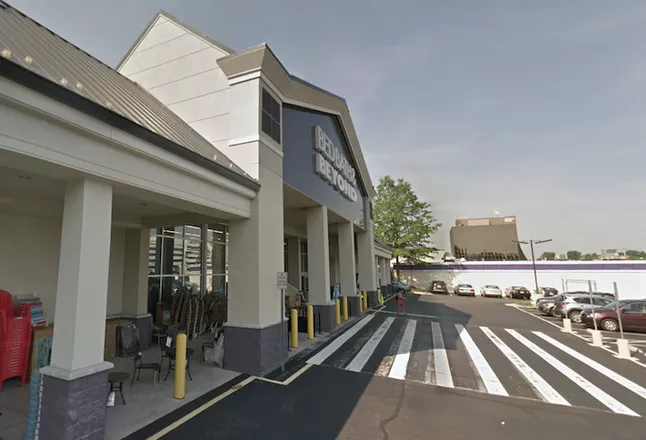During the pandemic, the kinds of amenities apartment renters looked for shifted. Outdoor spaces, reliable Internet connectivity and extra space for working all became “must haves” for some renters. And apartment industry experts say that even after the coronavirus pandemic is over, renters are likely to keep wanting more space in their apartments and more technology to keep them connected.
“Renter preferences for connectedness, convenience and control are here to stay,” says Tina West, multifamily practice leader, for CBRE’s property management business in the Americas.
Nearly three-quarters (73 percent) of renters says larger living spaces are highly important to them, according to the 2021 Multifamily Housing Renter Perspective Study by Assurant, Inc., an insurance company based in New York City. That’s up from 68 percent in 2020, before many spent the pandemic year living, working and playing from home.
In addition, many renters return to the office, they are likely to continue to want spaces that they can work from home for at least a few days a week.
“Many developers are reviewing floor plans and considering how to enhance the work from home environment,” says CBRE’s West. That includes spaces like islands for eating and working, desk nooks, den plans and larger floor plans overall.
Renters who have spent too much time at home have also learned to value natural light. “Larger windows and more natural light help bring a sense of wellness and positivity,” says West. Clever design features like mud walls and gear walls with hooks for hanging, cabinets for storing and built-in pet nooks for food bowls have become quite popular.
Renters have also become even more sensitive to noise from neighbors. “Sound insulation is something that has always ranked very highly for residents,” says Sarah Yaussi, vice president of business strategy for the National Multifamily Housing Council, headquartered in Washington, D.C. “Anybody who waited out the pandemic is going to think twice about how important it is.”
Renters demand faster Internet service
More than ever before, renters choose apartments where they can get fast, consistent Internet service—with the standard being set by the competing buildings nearby and the growing needs of residents. It’s common for several people in a household to be watching streaming video at the same time, in addition to all of the other gadgets that use Internet bandwidth.
In the very near future, apartments buildings will also be publicly judged on their connectivity.
WiredScore.com is launching a new metric for apartment properties in June 2021. The score will rate apartment building on whether high-speed Internet service is consistent throughout the property. WiredScore also measure whether service is resilient even in case of floods or other problems, available from multiple carriers and adaptable for likely future innovation. WiredScore even measures cellphone service.
“It is going to be similar to WalkScore [which measure the amenities within walking distance of a property],” says Yaussi. “Investor will say they don’t look at anything without a good WalkScore.”
Smart gear becomes more important
Renters are also putting a higher value on Internet-enabled technologies like electronic locks and smart thermostats.
“Smart amenities will be key for properties as their units are increasingly used as offices,” says Ryan Lumsden, president of multifamily housing at Assurant Inc., based in New York. “We expect to see a substantial portion of renters shifting to at least part-time working from home moving forward.”
Nearly half (47 percent) of prospective renters say smart home products increase their interest in a potential apartment, according to a 2021 study by Assurant. That’s up slightly from 44 percent the year before.
The most valuable smart home product for prospective renters is an electronic lock. More than half (52 percent) say smart locks increase their interest in a potential apartment, according to Assurant. Other top smart appliances include smoke detectors, thermostats, lighting and laundry machines.
A significant number of renters seem to be interested any kind of “smart” appliance mentioned in the survey, even if there is not an obvious benefit to connecting that appliance to the Internet. For example, one third (33 percent) said they would be “somewhat” or “very much” more interested in an apartment if it included a smart water filter.
Can you hear me now?
Even before the pandemic, many Generation Z renters would not consider rental an apartment where they could not reliably make a call on a mobile phone.
“Cellphone service—it was important before. Now that living rooms have before people’s offices, it has become even more important,” says Yaussi.
Weak cell phone service can also create problems for smart appliances—especially in brick and concrete buildings where it is difficult to run wires or broadcast a strong wireless Internet signal through the whole building. In places like these, the gear in an apartment like electronic locks and smart thermostats can be linked by a single wireless router that connects to the Internet through a cellular phone signal… but that solution won’t work in an apartment with bad or non-existent cell phone service.
